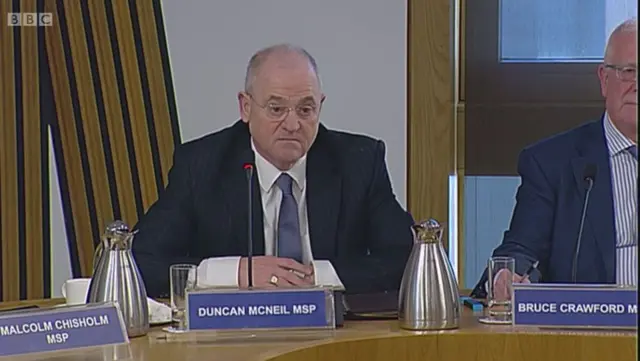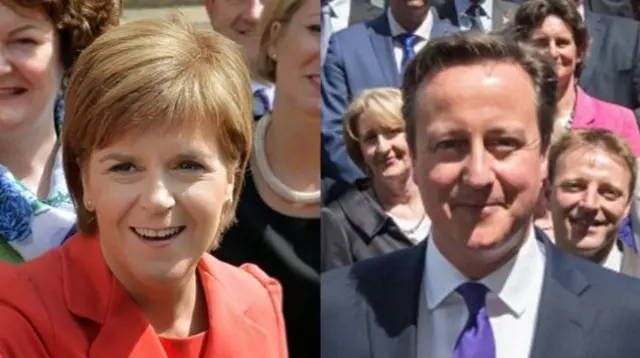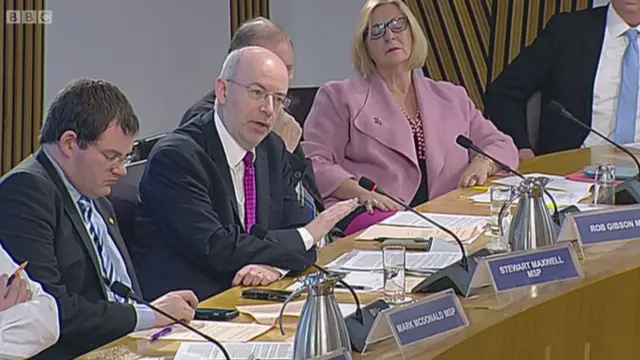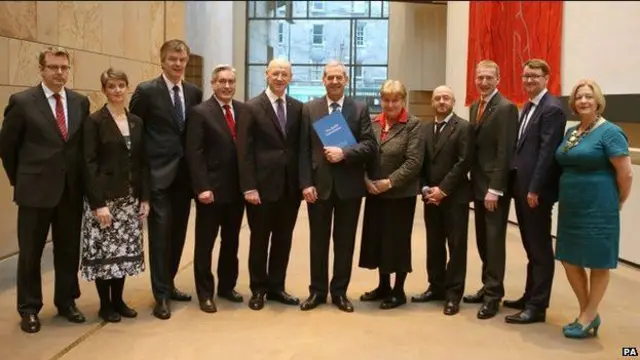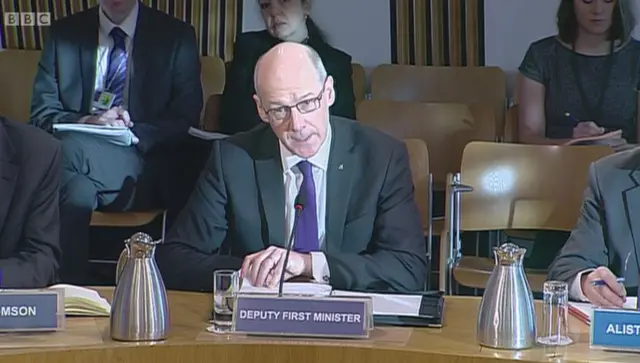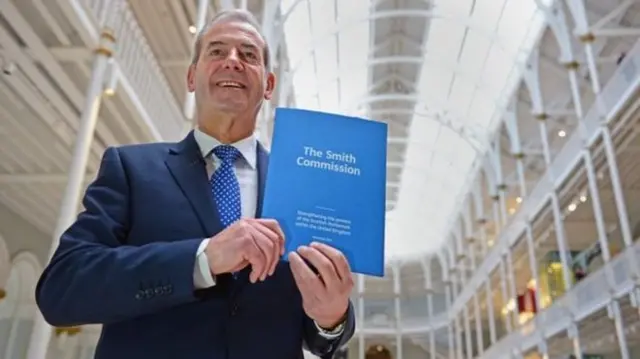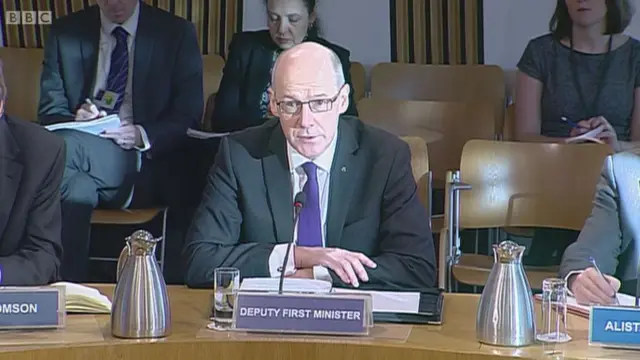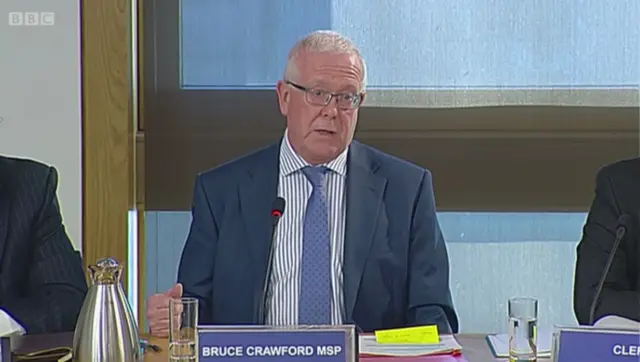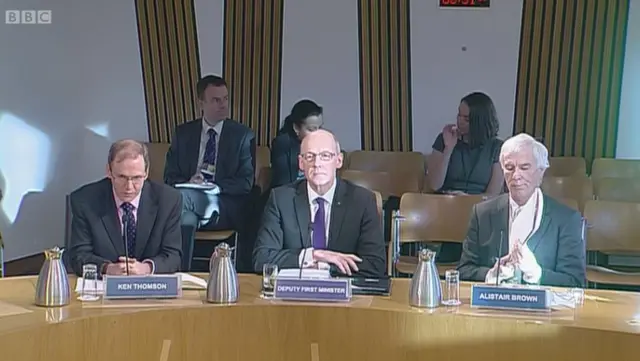Analysis: Deal or no deal?published at 09:00 GMT 23 February 2016
 Glenn Campbell
Glenn Campbell
BBC Scotland Political Correspondent
What if there is no deal before the election?
Standby for a big election row, with the SNP and Conservatives blaming each other for the failure and Labour blaming them both.
The Tories will be accused of trying to short-change Scotland. The SNP will be accused of running scared of additional responsibility.
 Image source, Thinkstock
Image source, ThinkstockThe deputy first minister, John Swinney, has foreshadowed this scenario by announcing his intention to publish "all the key papers" from the fiscal framework talks.
Who would have thought a fiscal framework could cause so much fuss?
